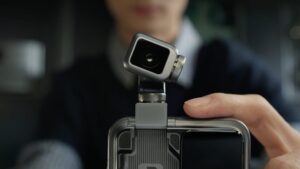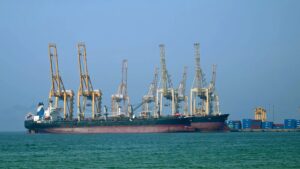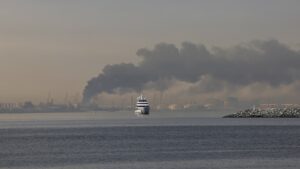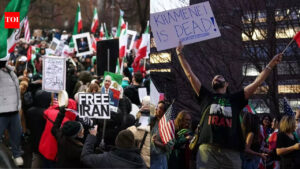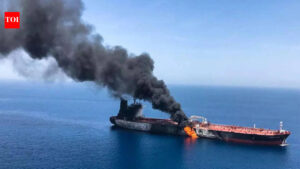India bans BBC documentary on PM Modi’s role in Gujarat riots | CNN Business

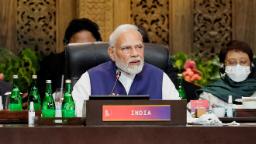
New Delhi
CNN
—
India has banned a BBC documentary critical of Prime Minister Narendra Modi’s alleged role in deadly riots more than 20 years ago from being shown in the country, in a move critics decried as an assault on press freedom.
A senior adviser for the Ministry of Information and Broadcasting said directions to block the documentary were issued using “emergency powers” available to the government under India’s information and technology rules.
“Videos sharing @BBCWorld hostile propaganda and anti-India garbage, disguised as ‘documentary’, on @YouTube and tweets sharing links to the BBC documentary have been blocked under India’s sovereign laws and rules,” senior adviser Kanchan Gupta wrote on Twitter Saturday, adding both YouTube and Twitter have complied with the order.
CNN has contacted Twitter and YouTube for comment but is yet to hear back.
The two-part documentary “India: The Modi Question,” criticizes Modi, who was the chief minister of the western state of Gujarat in 2002 when riots broke out between the state’s majority Hindus and minority Muslims.
Violence erupted after the bombing of a train killed dozens of Hindus and was blamed on Muslims. In retaliation, Hindu mobs set fire to Muslim-owned homes and stores. More than 1,000 people – mostly Muslims – were killed, according to government figures.
Modi and his ruling ruling Bharatiya Janata Party rose to power in India in 2014, riding on a wave of Hindu nationalism in the country of 1.3 billion, where nearly 80% of the population follow the faith.
He has previously denied accusations that he failed to stop the violence in 2002 and a special investigation team appointed by India’s Supreme Court in 2012 found no evidence to suggest he was to blame.
India’s Ministry of External Affairs spokesman Arindam Bagchi has called the documentary “a propaganda piece designed to push a particular discredited narrative.”
Speaking to reporters at a news conference Thursday, Bagchi said: “It makes us wonder about the purpose of this exercise and the agenda behind it and frankly we do not wish to dignify such efforts.”
In response, the BBC said in a statement shared on social media that the documentary was “rigorously researched according to the highest editorial standards.”
The film took into account, “a wide range of voices, witnesses and experts… including responses from people in the BJP),” the statement said.
The Indian government had declined to reply when contacted by the BBC, the statement added.
CNN has reached out to the BBC for further comment but is yet to hear back.
The banning of the documentary has led to rancor among many in India, with Modi supporters rallying to his defense and opposition politicians criticizing the move
BJP spokesman R. P. Singh said he welcomed the ban.
“Keeping in mind 2024 elections, an eco-system is being built to tarnish the image of PM Narendra Modi ji,” he said in a statement on Twitter.
But opposition lawmaker Mahua Moitra said the government’s “raging censorship actions are unacceptable.”
“What BBC show proves or disproves is up to viewers to decide,” he said.
The documentary explores an unpublished British government report obtained by the BBC, which the British public broadcaster said came in the form of a diplomatic cable.
The report, according to the BBC, reveals the violence which showed the events had “all the hallmarks of an ethnic cleansing,” claiming there was “widespread and systematic rape of Muslim women.”
The BBC said Jack Straw, who was British foreign secretary in 2002 and features in the documentary, claims that Modi had “played a pre-active part in pulling back the police and in tacitly encouraging the Hindu extremists.”
The first part of the documentary aired on the BBC on January 17, with part two due to air Tuesday.

